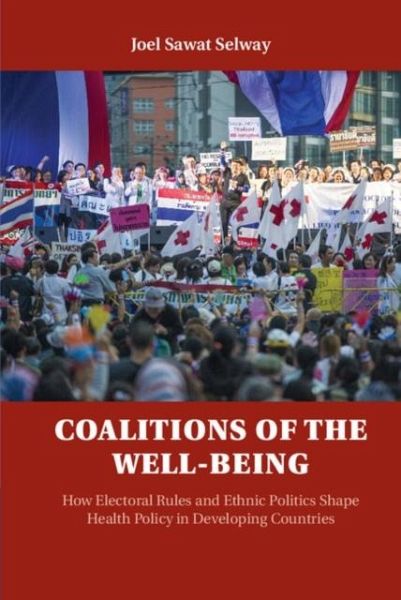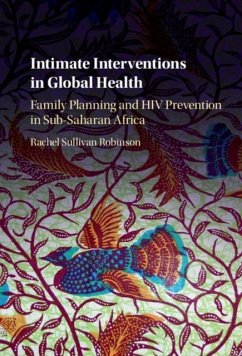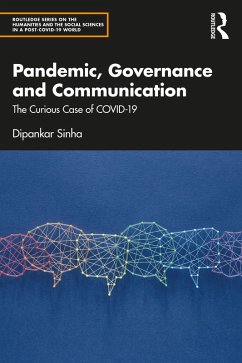
Coalitions of the Well-being (eBook, PDF)
How Electoral Rules and Ethnic Politics Shape Health Policy in Developing Countries
Versandkostenfrei!
Sofort per Download lieferbar
21,95 €
inkl. MwSt.
Weitere Ausgaben:

PAYBACK Punkte
11 °P sammeln!
Why do some developing countries have more efficient health systems and better health outcomes? Contrary to existing theory that posits the superiority of proportional representation (PR) rules on public-goods provision, this book argues that electoral rules function differently given the underlying ethnic structure. In countries with low ethnic salience, PR has the same positive effect as in past theories. In countries with high ethnic salience, the geographic distribution of ethnic groups further matters: where they are intermixed, PR rules are worse for health outcomes; where they are isola...
Why do some developing countries have more efficient health systems and better health outcomes? Contrary to existing theory that posits the superiority of proportional representation (PR) rules on public-goods provision, this book argues that electoral rules function differently given the underlying ethnic structure. In countries with low ethnic salience, PR has the same positive effect as in past theories. In countries with high ethnic salience, the geographic distribution of ethnic groups further matters: where they are intermixed, PR rules are worse for health outcomes; where they are isolated, neither rule is superior. The theory is supported through a combination of careful analysis of electoral reform in individual country cases with numerous well-designed cross-country comparisons. The case studies include Thailand, Mauritius, Malaysia, Botswana, Burma and Indonesia. The theory has broad implications for electoral rule design and suggests a middle ground in the debate between the Consociational and Centripetal schools of thought.
Dieser Download kann aus rechtlichen Gründen nur mit Rechnungsadresse in A, B, BG, CY, CZ, D, DK, EW, E, FIN, F, GR, HR, H, IRL, I, LT, L, LR, M, NL, PL, P, R, S, SLO, SK ausgeliefert werden.













